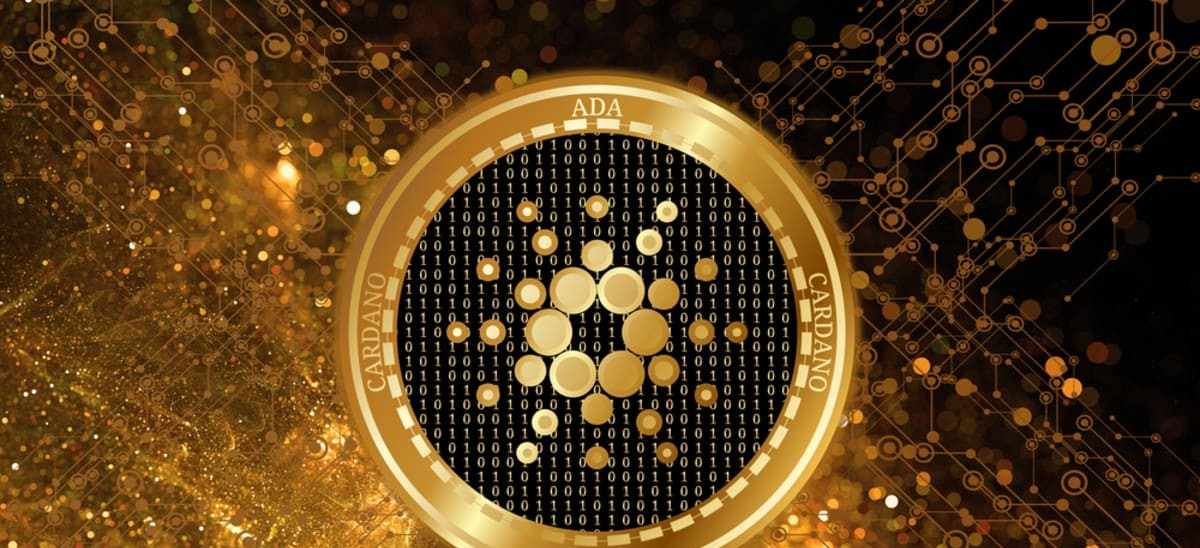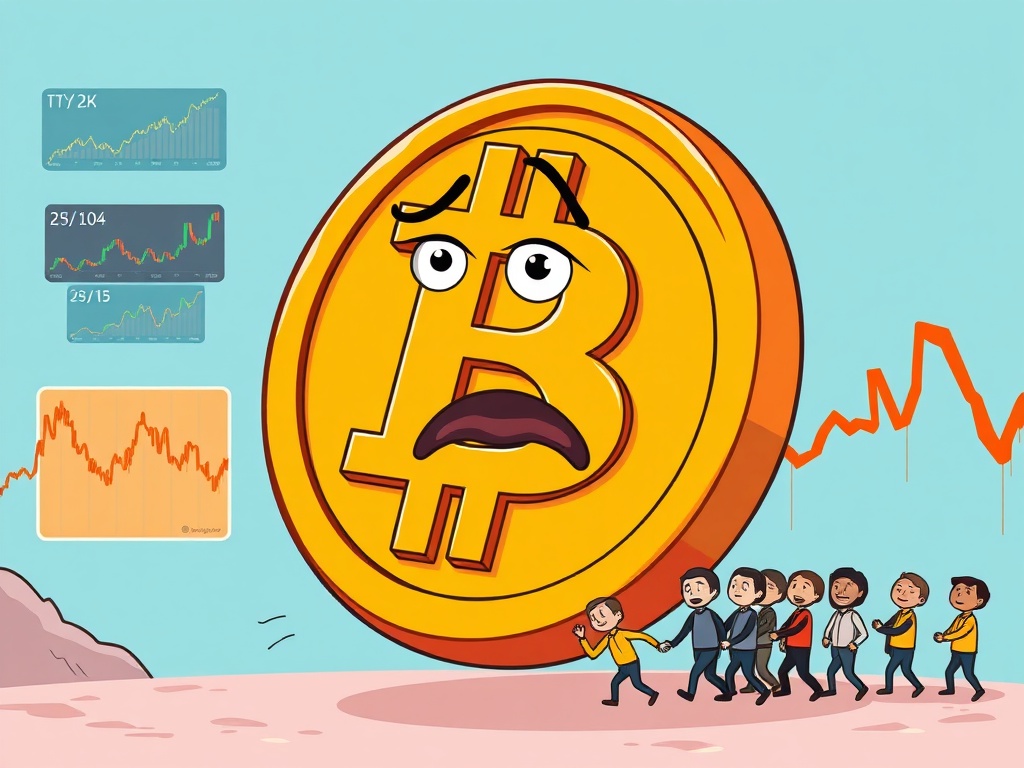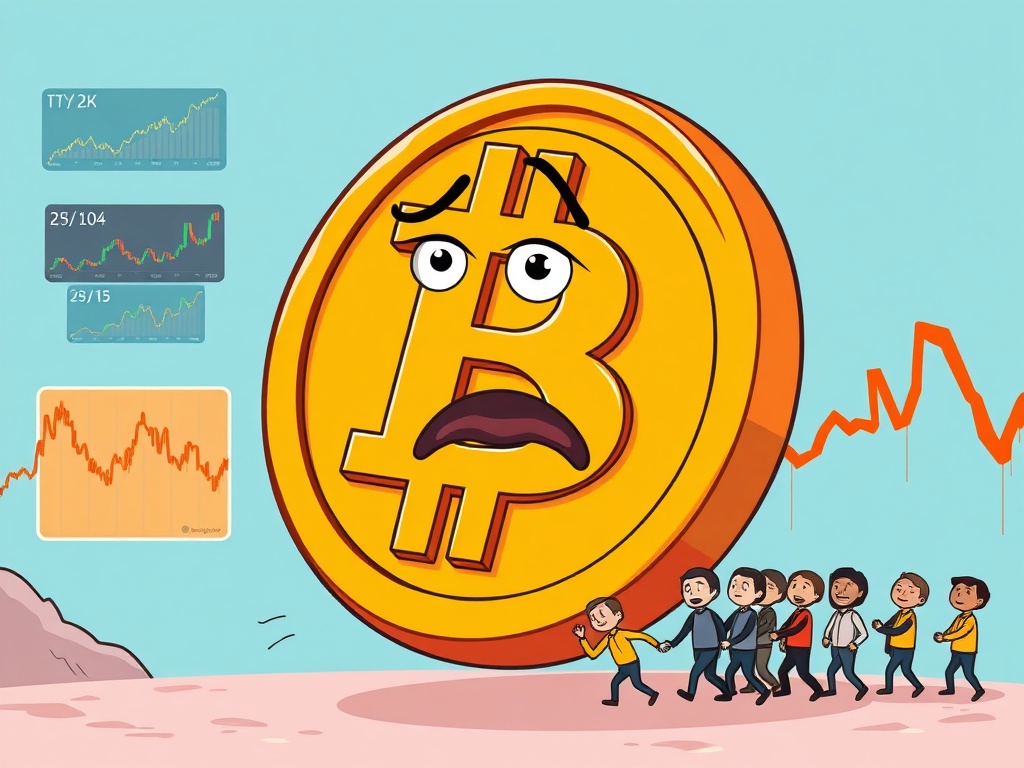The Rise of AI: How Artificial Intelligence is Reshaping Our World
Introduction: The AI Revolution is Here
Imagine waking up to an alarm that knows exactly when you’ve had enough sleep. Your coffee machine starts brewing as you stumble out of bed, while your smart fridge texts you that you’re low on milk. On your commute, your self-driving car navigates traffic while you catch up on emails drafted by an AI assistant. This isn’t science fiction—it’s the reality artificial intelligence is creating today.
From healthcare to finance, entertainment to education, AI is transforming every aspect of our lives at an unprecedented pace. But what does this mean for humanity? Are we heading toward a utopian future of leisure and abundance, or are we sleepwalking into a technological dystopia? Let’s explore how AI is changing the game—and what it means for you.
The Many Faces of AI
1. AI in Everyday Life
You interact with AI more than you realize:
– Virtual Assistants: Siri, Alexa and Google Assistant use natural language processing to understand and respond to your requests.
– Recommendation Engines: Netflix suggests your next binge-watch, Spotify curates playlists, and Amazon knows what you might want to buy before you do.
– Smart Homes: AI-powered thermostats learn your schedule, while security cameras distinguish between a burglar and a wandering cat.
2. AI in Business & Finance
Companies are leveraging AI to:
– Automate Customer Service: Chatbots handle 85% of customer interactions for some businesses, reducing wait times and costs.
– Detect Fraud: Banks use machine learning to spot unusual transactions in real time, preventing billions in fraud annually.
– Optimize Supply Chains: AI predicts demand fluctuations, helping retailers avoid overstocking or shortages.
3. AI in Healthcare
AI is revolutionizing medicine by:
– Diagnosing Diseases: Algorithms analyze medical images faster and sometimes more accurately than human doctors, detecting cancers and other conditions early.
– Personalizing Treatment: AI tailors drug dosages and therapies based on a patient’s genetics and history.
– Accelerating Drug Discovery: Machine learning models can predict how molecules will interact, speeding up the development of new medicines.
The Dark Side of AI
1. Job Displacement
While AI creates new opportunities, it also threatens jobs:
– Automation in Manufacturing: Robots now assemble cars, pack goods, and even flip burgers.
– White-Collar Impact: AI can draft legal contracts, analyze financial reports, and even write news articles—tasks once reserved for highly trained professionals.
2. Bias & Ethical Concerns
AI learns from data, and if that data is biased, the AI will be too:
– Discriminatory Hiring: Some AI recruitment tools have been found to favor male candidates over female ones due to biased training data.
– Surveillance & Privacy: Facial recognition is used by governments and corporations, raising concerns about mass surveillance.
3. The Existential Risk Debate
Elon Musk and other tech leaders warn that superintelligent AI could one day surpass human control. While this remains speculative, the risks of AI being misused—whether in cyberwarfare or deepfake propaganda—are very real.
The Future of AI: What’s Next?
1. General AI vs. Narrow AI
– Narrow AI (what we have now) excels at specific tasks (e.g., playing chess or recognizing faces).
– General AI (still theoretical) would possess human-like reasoning and adaptability.
2. AI & Human Collaboration
Rather than replacing humans, AI is increasingly being designed to augment our abilities:
– Doctors + AI: AI suggests diagnoses, but doctors make the final call.
– Artists + AI: Tools like DALL-E generate images, but human creativity guides the process.
3. Regulation & Responsibility
Governments are scrambling to regulate AI:
– The EU’s AI Act aims to classify AI systems by risk level.
– The U.S. is debating laws around facial recognition and algorithmic transparency.
Conclusion: Will AI Save Us or Surpass Us?
AI is neither inherently good nor evil—it’s a tool, and its impact depends on how we wield it. The challenge isn’t just technological; it’s ethical. How do we ensure AI benefits everyone, not just a privileged few? How do we prevent it from deepening inequality or eroding privacy?
The future isn’t written yet. AI could help solve climate change, cure diseases, and unlock new frontiers of knowledge—or it could amplify our worst tendencies. The choice is ours.
One thing is certain: AI isn’t coming. It’s already here. And whether we’re ready or not, it’s changing everything.
—
References & Further Reading
*(All links open in new tabs for easy reading.)*




